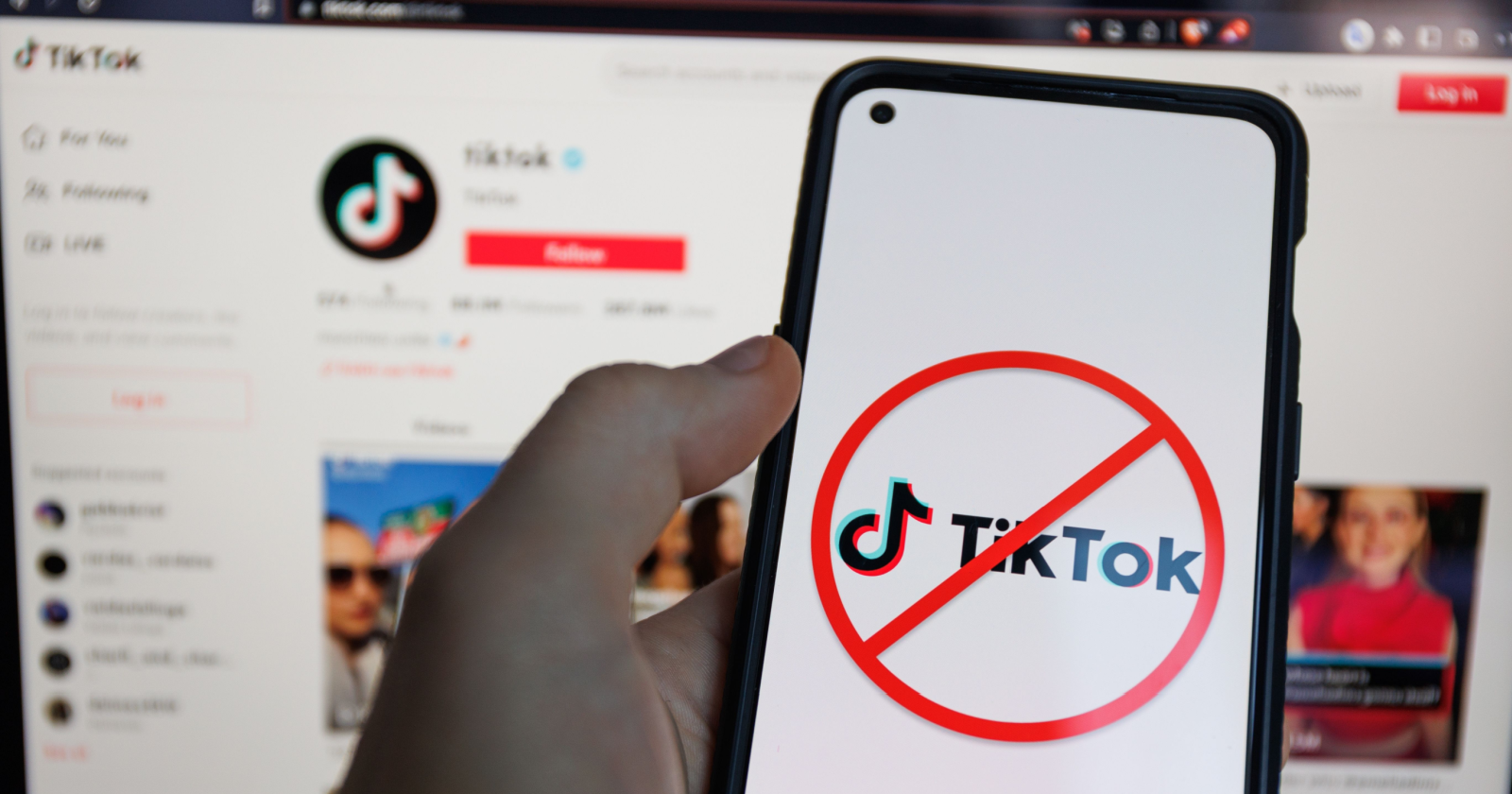During a five-hour congressional hearing, TikTok CEO Shou Zi Chew faced intense scrutiny from U.S. lawmakers about the social media platform’s connections to its Chinese parent company, ByteDance.
Legislators from both sides demanded clear answers on whether TikTok spies on Americans for China.
The U.S. government has been pushing for the divestiture of TikTok and has even threatened to ban the app in the United States.
Chew found himself in a difficult position, attempting to portray TikTok as an independent company not influenced by China.
However, lawmakers remained skeptical, citing China’s opposition to the sale of TikTok as evidence of the country’s influence over the company.
The hearing was marked by a rare display of bipartisan unity, with the tone harsher than in previous congressional hearings featuring American social media executives.
The Future of TikTok In The US
With the U.S. and China at odds over TikTok’s sale, the app faces two possible outcomes in the United States.
Either TikTok gets banned, or it revisits negotiations for a technical fix to data security concerns.
Lindsay Gorman, head of technology and geopolitics at the German Marshall Fund, said, “The future of TikTok in the U.S. is definitely dimmer and more uncertain today than it was yesterday.”
TikTok has proposed measures to protect U.S. user data, but no security agreement has been reached.
Addressing Concerns About Societal Impact
Lawmakers at the hearing raised concerns about TikTok’s impact on young Americans, accusing the platform of invading privacy and harming mental health.
According to the Pew Research Center, the app is used by 67% of U.S. teenagers.
Critics argue that the app is too addictive and its algorithm can expose teens to dangerous or lethal situations.
Chew pointed to new screen time limits and content guidelines to address these concerns, but lawmakers remained unconvinced.
In Summary
The House Energy and Commerce Committee’s hearing on TikTok addressed concerns common to all social media platforms, like spreading harmful content and collecting massive user data.
Most committee members were critical of TikTok, but many avoided the typical grandstanding seen in high-profile hearings.
The hearing aimed to make a case for regulating social media and protecting children rather than focusing on the national security threat posed by the app’s connection to China.
If anything emerges from this hearing, it could be related to those regulations.
The hearing also allowed Congress to convince Americans that TikTok is a national security threat that warrants a ban.
This concern arises from the potential for the Chinese government to access the data of TikTok’s 150 million U.S. users or manipulate its recommendation algorithms to spread propaganda or disinformation.
However, limited public evidence supports these claims, making banning the app seem extreme and potentially unnecessary.
As events progress, staying informed is crucial as the outcome could impact the digital marketing landscape.
Featured Image: Rokas Tenys/Shutterstock
Full replay of congressional hearing available on YouTube.





![AI Overviews: We Reverse-Engineered Them So You Don't Have To [+ What You Need To Do Next]](https://www.searchenginejournal.com/wp-content/uploads/2025/04/sidebar1x-455.png)